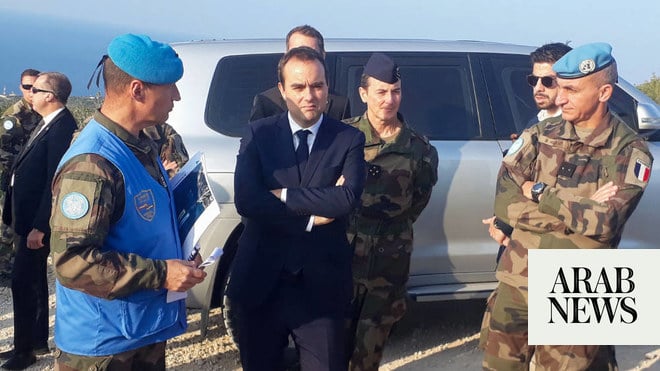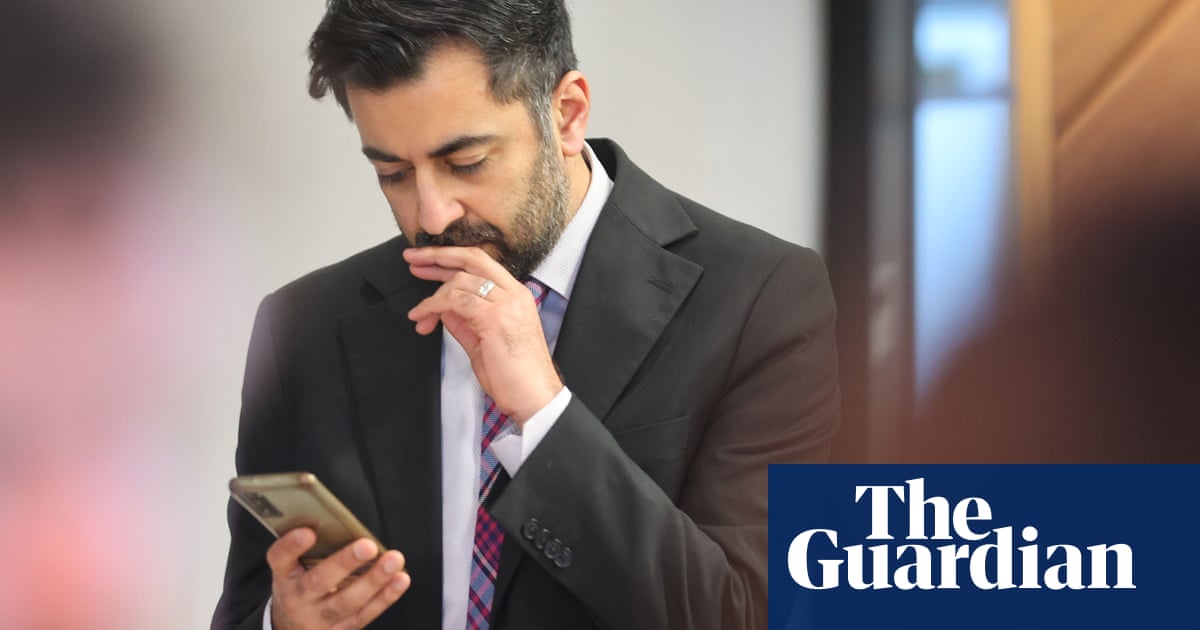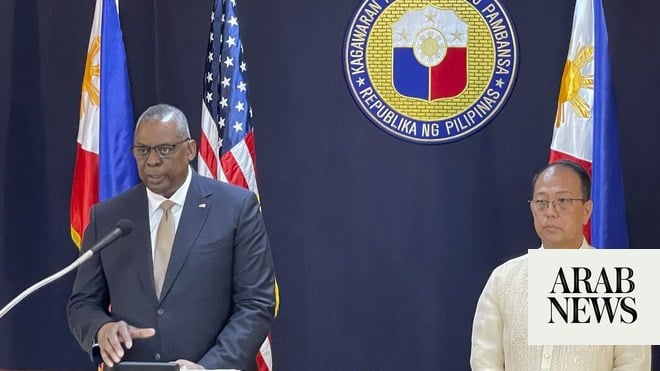
BEIRUT: Millions of people across Lebanon gathered in markets, restaurants and nightlife venues on Saturday to welcome in the new year. But despite the good cheer and optimism, 2022 was a difficult time for most people in the country and the outlook for 2023 remains gloomy.
Arab News spoke to intellectuals, academics and activists to get their views on what lies in store for the year ahead.
Academic Bashir Esmat said he feared “the complete collapse of the Lebanese state in 2023, as the ruling political class has become powerless and with no alternative, while state institutions cannot be rebuilt with old stones, especially since the same balance of power still governs.”
He added: “Those who took over the reins of power in Lebanon for decades have neglected the country. They destroyed the middle class. Hezbollah is the political decision-maker and the governor of the central bank controls economic decisions. Those defending Lebanon have become worthless groups.
“What happened during the past year is enough to prove it. Lebanon is unable to survive in its current structure, and the conflict in the region may lead us to further fragmentation.”Intellectual Youssef Bazzi said that since 2019, when the Lebanese crisis began, he had lost all desire to take part in public affairs.
“I am pessimistic about the possibility of bringing about change or reform, and I am starting to believe that Lebanon is an idea that is no longer viable,” he said.
Lawyer Ashraf Al-Moussawi said: “I am concerned about the collapse of the judicial authorities in Lebanon and the loss of confidence in justice. The new year will weaken, in my opinion, citizens’ confidence in the judiciary.”
Public affairs activist Walid Fakhreddine said Lebanon “is a country that produces crises, not solutions. We repeat our mistakes and never adopt a reform project.”
He added: “Hezbollah insists on showing that it has the power in this country and the attack on UNIFIL peacekeepers is evidence of that.
“There is no stability and no solutions at the regional level. Playing games to buy more time is frightening, especially since Lebanon is surrounded by regional crises, while an armed group imposes its decisions on the country.”
Fakhreddine said that the idea of Lebanon being the link between East and West no longer held true.
“We need to determine the economic feasibility and the type ofservices that we want to provide. We also need to reconsider our stances, even in terms of the conflict with Israel, which requires a different vision.”
Political activist Dr. Khaldoun Al-Sharif fears that if the state continues to fall apart it will be difficult to reunify it.
“The social situation is disintegrating and the people’s ability to withstand it is declining,” he said.
“Those remaining in Lebanon are those who do not have the luxury of leaving, and what keeps Lebanon alive is the flow of migrants’ money to their families.
“We need to launch a dialogue about Lebanon’s prospects. Do we have added value? We have to look for a role after the destruction of our banking, educational and health sectors.”
Wadad Halawani, who heads the Committee of the Families of the Kidnapped and Disappeared in Lebanon, said she was not feeling optimistic about the future.
“Every year, we repeat sentences like parrots and wish for prosperity, which we know in advance will not be achieved under the rule of the corrupt ruling class.
“They cut off the electricity, we start looking for private generators. We begin to go hungry, we receive $100 from abroad to keep us going for a while. We start running out of fuel, we queue at gas stations. We applaud them while insulting them.”
She added: “We need to get rid of the sectarian issues plaguing us and determine our problems so we can resolve them. I am not optimistic.We overcame the war without really dealing with its traumas. As long as there is no sense of citizenship, we will remain in this hole that we have been struggling to climb out of for 47 years now.”
Sheikh Zuhair Kubbi, director of the Zakat Fund at Dar Al-Fatwa, said he expected the crises to continue in the new year.
“About 70 percent of the middle class is now below the poverty line. Even the rich are struggling because they no longer have access to their savings and their businesses are no longer as profitable as they used to be.
“There are no positive signs because we always settle for the negative. Our concerns revolve around securing food, water and medicine.”
Maroun Helou, the head of the Syndicate of Public Works Contractors, said he was apprehensive about the presidential vacuum in the new year.
“The ruling class is part of Lebanon’s failure. As long as these parties rule, we can expect more disruption of all state institutions and failure to meet citizens’ needs.
“In the absence of a recovery plan and nonfunctioning banks, the contracting sector is in peril.”Retired judge Shukri Sader said: “What could eliminate concerns relatively quickly is electing a president in order to revive state institutions.
“We need a president who adheres to Lebanon and its constitution to make up for the six years we lost in the previous term.”












